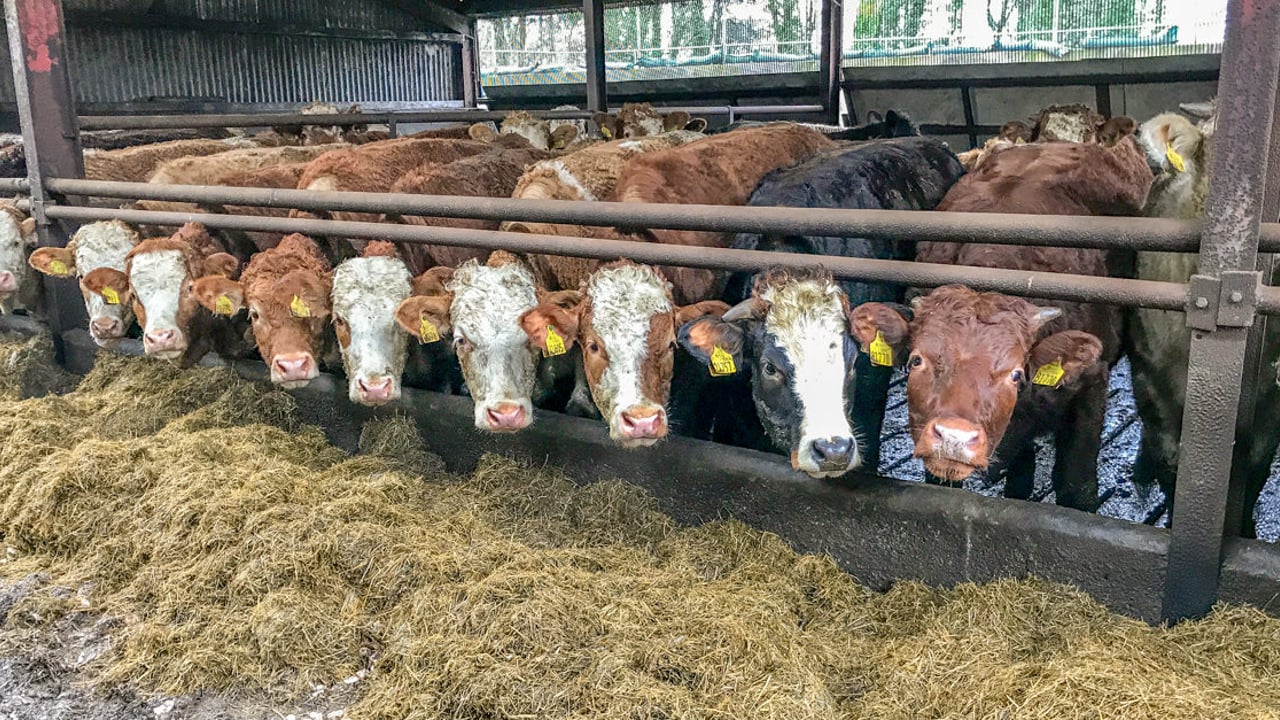EU Commission registers citizens' initiative on closing animal farms
The European Commission has today (Wednesday, July 24) confirmed that it has decided to register two European Citizens' Initiatives, one of which calls for an end to animal farming.
The organisers of the Italian based initiative, 'Stop Cruelty Stop Slaughter', want the commission to introduce incentives for producing plant proteins, including plant-based milk and egg substitutes, as well as cultivated meat.
The organisers also call for reducing the number of farm animals and the progressive closure of animal farms and slaughterhouses "by shifting EU subsidies from animal husbandry to ethical production".
They said that this should begin with the commission curbing factory farms, following by free-range farms and slaughterhouses.
The initiative claims that these are "places of animal suffering and exploitation" which also carry the risk of spreading new pandemics and health problems.
They also claim that factory farming and slaughterhouses are "at odds with the 1978 Universal Declaration of Animal Rights and the Treaty of Lisbon, which grant all animals the same rights to existence and define them as sentient beings".
Commission
The European Citizens' Initiative was introduced with the Lisbon Treaty and was officially launched in April 2012.
Once formally registered, a European Citizens' Initiative allows one million citizens from at least seven EU member states to invite the commission to propose legal acts in areas where it has the power to act.
Certain conditions must be met, including that the proposed action is not manifestly abusive, frivolous or vexatious and is not manifestly contrary to the values of the union.
The commission has also decided today to register the organisers of the ‘Stop Fake Food: Origin on Label' initiative.
This initiative calls for the commission to propose measures that ensure European consumers have access to transparent information about the food they buy and that their expectations regarding food quality and sustainability are met.
The initiative also calls for ensuring clear and explicit labeling of the origin for all products and for adherence to consistent environmental, health and labour standards in the internal market.
Initiatives
The commission said that both initiatives fulfil the formal conditions established in the relevant legislation and are therefore considered "legally admissible".
The commission noted that it has "not analysed the substance of the proposals at this stage".
"The decision to register an initiative is based on a legal analysis of its admissibility under the European Citizens' Initiative Regulation.
"It does not prejudge the legal and political conclusions of the commission on these initiatives and the action it would take, if any, in case any of these initiatives obtains the necessary support of at least one million EU citizens.
"The content of the initiatives only expresses the views of the group of organisers, and can in no way be taken to reflect the views of the commission," the commission stated.
Following today's registration, the organisers now have six months to begin collecting signatures from European citizens in support of their proposals.
If a European Citizens' Initiative receives at least one million statements of support in at least seven different member states within one year, the commission will have to react.
The commission will have to decide whether or not it will take action in response to the request, and will be required to explain its reasoning.





